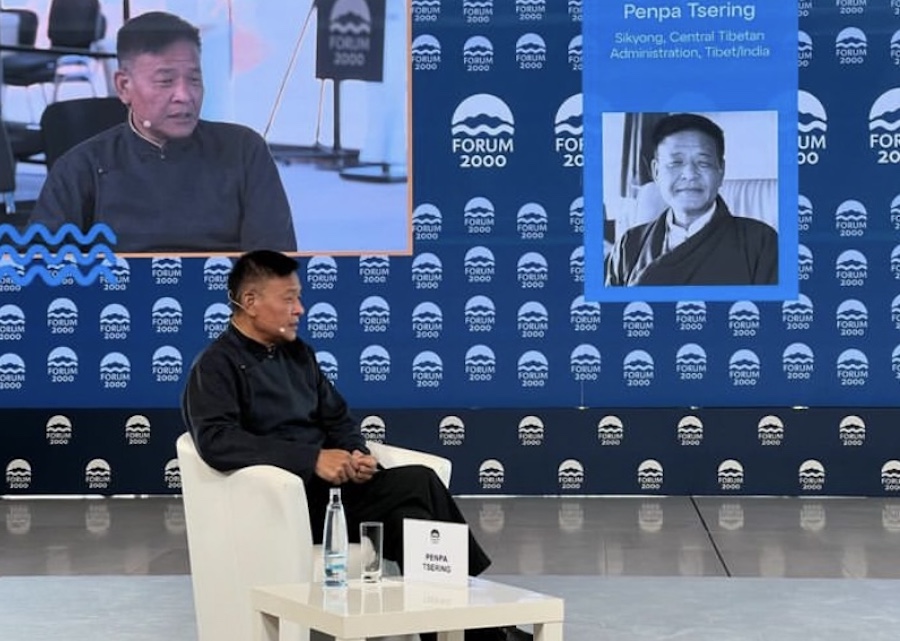By Tenzin Nyidon
DHARAMSHALA, Aug 2: China’s treatment of Uyghurs and other occupied populations within its jurisdiction has long been a subject of human rights abuses, forced labour, and mass detention, drawing widespread condemnation. However, a recent BBC report sheds light on China’s alleged efforts to extend the reach of its authoritarian policies beyond its territorial borders by intimidating and pressing Uyghurs living abroad to spy on human rights campaigners.
The report highlighted China’s use of intimidating tactics including threatening the families back at home to get the foreign-living Uyghurs to do the surveillance job. Researchers suggest that Chinese police commonly employ this approach, manipulating access to family members through video calls in exchange for the Uyghurs’ compliance overseas.
The report has revealed alarming evidence of China’s alleged intimidation and pressure tactics against Uyghur refugees living abroad. One compelling case highlighted in the report is that of an Uyghur refugee named Alim, whose mother has become a victim of China’s coercive strategy. Alim was to attend the meetings of Uyghur human rights activists, gather intelligence and pass it back to the Chinese state.
Transnational Repression involves actions taken by an authoritarian state to target and control individuals outside its border who are perceived as threats or dissenters. Tibetans, Uyghurs, Hong Kongers and Chinese dissidents are at a heightened risk of transnational repression due to their activities or opposition to the Chinese government policies. The Chinese government’s transnational repression efforts are known to be far-reaching, as they use various tactics, such as monitoring and infiltrating diaspora organisations, pressuring host countries to cooperate in tracking dissidents, and employing digital surveillance technologies to monitor online activities.
The international human rights advocacy organisation Freedom House released a report, “Still Not Safe: Transnational Repressions in 2022,” and listed the Chinese government as “the most prolific perpetrators of transnational repression” indicating the severity of their efforts to control and intimidate dissidents. According to the report, China is the origin country for 30 percent of all recorded physical incidents of transnational repression.
The findings also detailed the wide array of tactics of transnational repression employed by China, including, unexplained disappearance, assassination, assault, unlawful detention and deportation, physical and digital threats, Interpol abuse, passport and document controls, spyware and coercion by the government to silence dissent among diaspora and exiles. “Transnational repression is a tool of global authoritarianism and imperils human rights, democratic values, and national security,” Freedom House stated.










